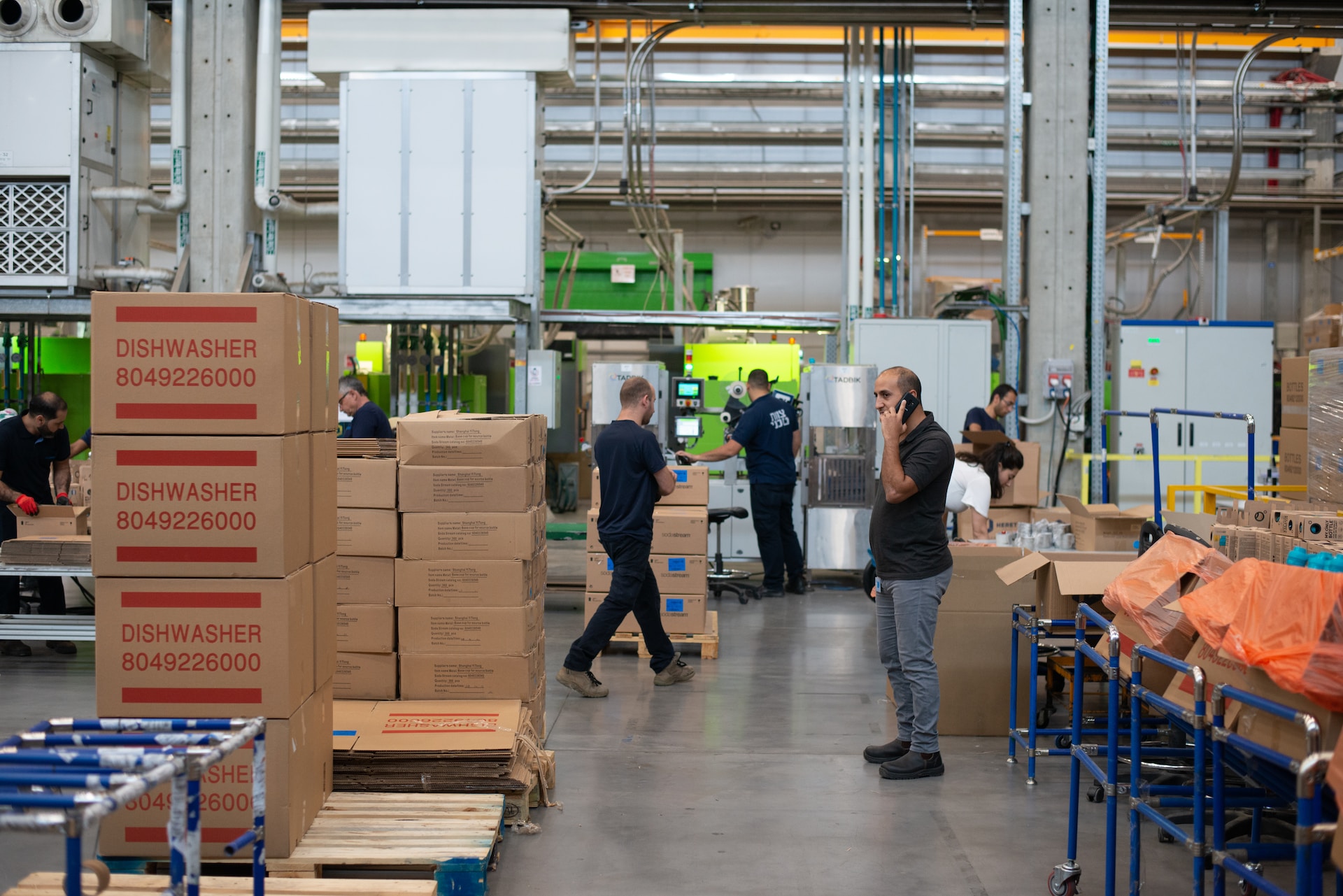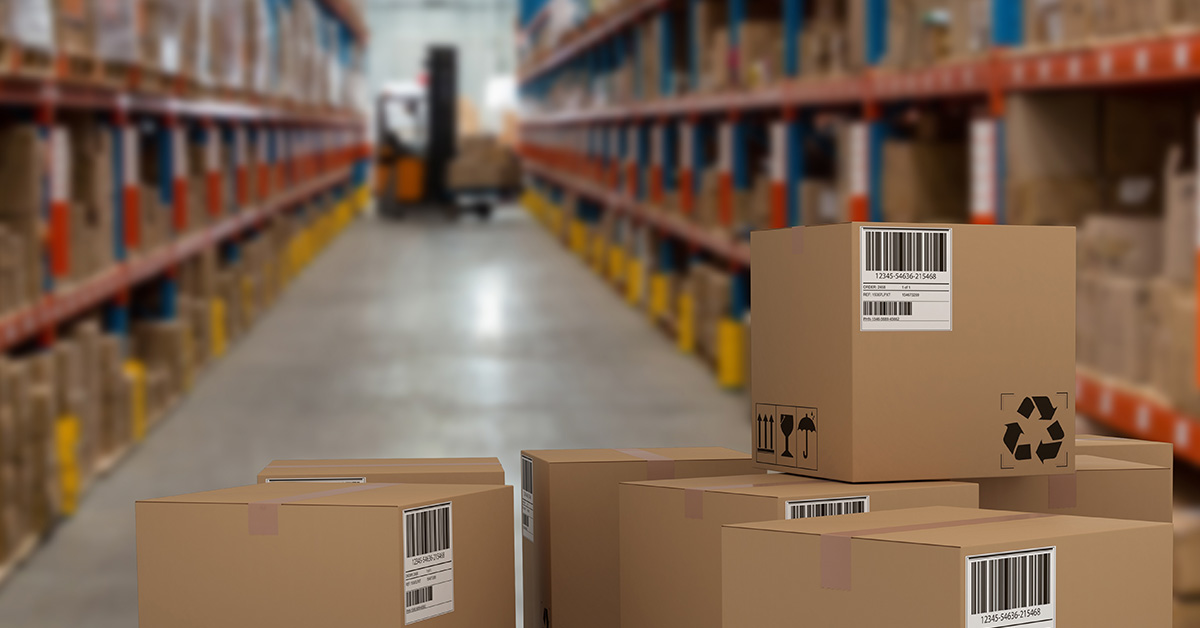


Business owners everywhere know how important it is to stay competitive in their market niche. Over the past few months, the importance of staying on top of orders has become even more critical, as both commercial and retail clients expect fast, accurate service.
The problem is that supply chains have been disrupted, with many companies finding their orders are being held up somewhere. B2B fulfillment has been hit hard, but companies are finding carefully monitoring orders can, in many cases, mitigate the issues they’re facing. But, it’s incredibly important to fully understand what’s involved in B2B fulfillment to make the most of the current market conditions.
B2B fulfillment becomes complicated in some cases, but the basic definition stays the same. B2B fulfillment is the relationship between wholesale suppliers and retailers where inventories are replenished in time to prevent retailers from running out of specific items.
These are not single-item orders. Rather, retailers place multi-unit orders and expect shipments to meet their regular needs. Remember that wholesalers are rarely manufacturers, which means there may be several suppliers along the value chain that must, in turn, provide orders for the next link in the chain.
As a rule, B2C orders involve limited quantities of products. In many cases, single items are ordered. On the other hand, B2B fulfillment involves large quantities of items. Wholesalers may order entire truckloads of goods, but orders may be for case lots or pallets, depending on the type of product.
In recent years, just-in-time deliveries have proven to be popular with wholesalers and retailers, as the need for storage is reduced and costs can be better controlled. With the recent pandemic, just-in-time ordering hasn’t worked as well simply because the supply chain has been stretched thin around the world. For example, when containers can be found in China, they may sit on the dock for weeks before they’re shipped.
That issue appears to be improving recently, but wholesalers and retailers along the chain have experienced delays that impact customer satisfaction at all levels. How does that affect B2C orders?
Consumers grew to expect their orders would be delivered within a day or two. However, the pandemic has created delays. Even when wholesalers have adequate inventories, they may not have the staff required to meet the normal delivery criteria retailers and end users require.
Take Amazon, for example. Customers grew to expect, at most, two-day delivery of their orders. Today, that may happen in some markets, but the general rule is that orders won’t arrive for several days. Amazon’s warehouses have huge inventories, but some merchandise won’t be in stock. When items are in stock, staff shortages mean orders may not be fulfilled quickly.
Who wins in that kind of environment? Obviously, the organization that delivers merchandise quickly will tend to command a dominant position in the market. That means B2B fulfillment organizations must take steps to ensure their clients receive all orders quickly. When retailers have the needed inventory, they can deliver products to end users without unnecessary delays.
Everyone along the supply chain will be stepping up their games in the coming months to stay ahead of their competitors as the pandemic recovery proceeds. To retain their market share, or even garner a larger share, companies will need to work with suppliers and logistics experts to retain their current market position or gain momentum. Resolving logistics issues may be the single most important step in companies recovering from the pandemic.
If you operate a business that relies on regular stock shipments, B2B fulfillment services will always be important. Rather than simply waiting for shipments and wondering if you’re getting the best service possible, take the time to monitor the services you’re currently using. Here are just a few of the things a business owner can do to make sure their B2B fulfillment provider is the best available.
Of course, every business owner will have unique needs. That means you may have other qualities you expect from a B2B fulfillment partner. It’s always important to discuss any unique needs with a partner prior to starting a relationship.
If you’re unsure what to expect when working with a B2B fulfillment partner, take the time now to review a couple of the advantages. If your goal is to make your business more profitable, the importance of working closely with a quality B2B fulfillment partner can’t be overstated.
First, B2B fulfillment partners make it easier to minimize order issues and reduce shipping costs. When orders are filled accurately, and deliveries are on time, profits go up. Top B2B partners work with clients to make sure shipments are delivered where they are needed and are intact.
Next, B2B fulfillment partners make it easier to manage your inventory. Automation options make it far simpler to track shipment contents through the supply chain and manage current inventory levels.
When working with quality logistics professionals and B2B fulfillment experts, building a business is easier. It’s really that simple. Rather than relying on less-than-stellar partners, explore your options and partner with suppliers and logistics professionals that share your vision for the future.
Your business options are expanding, which means now is the time to review the performance of your current partners and determine if improvements can be made. For a better future, take advantage of the best available B2B partner options.
